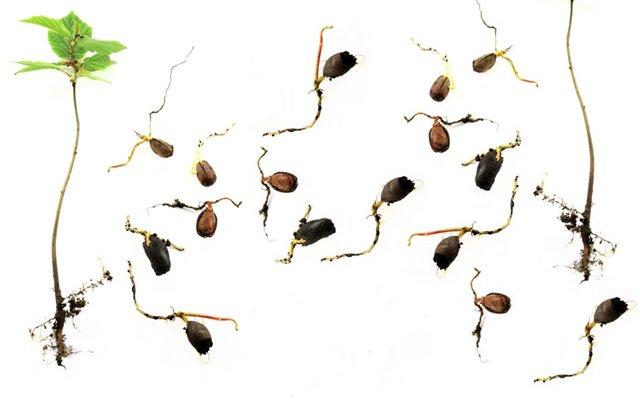Root Zone Temperature

Critical for Large Yields
Even though root zone temperature is critical to optimal plant performance, most indoor gardening enthusiasts don't spend much time thinking about it. There can be many reasons why an indoor gardener hasn't fine tuned his or her root zone temperature, such as:
- No cool night period,
- Satisfaction with the current performance of his or her plants,
- Use of traditional HID lighting such as Metal Halides, which use 75% of their power to produce heat instead of light.
 This last factor can have a significant impact on root zone temperature, because a 1000w HID light generates heat as if it were a 750w heater pointed directly at the plants. For those indoor gardeners who only have experience with HID-based lighting, the resulting reduction in heat when moving to LED grow lights may be a welcome change for their growing environments. LED lights allow for easier control over root zone temperature, because gardeners can add heat as necessary instead of trying to cool the mass surrounding the root zone.
This last factor can have a significant impact on root zone temperature, because a 1000w HID light generates heat as if it were a 750w heater pointed directly at the plants. For those indoor gardeners who only have experience with HID-based lighting, the resulting reduction in heat when moving to LED grow lights may be a welcome change for their growing environments. LED lights allow for easier control over root zone temperature, because gardeners can add heat as necessary instead of trying to cool the mass surrounding the root zone.
Optimal root temperature varies from plant to plant, and it is outside the scope of this article to list the optimal temperatures for all plants, but a quick online search for any specific plant plus "optimal root zone temperature" will usually yield research that provides the exact root zone temperature your plant needs. Much of the research shows that an approximate root zone temperature of 70 ° F is suitable for most plants, and that any fluctuation in temperature should be kept at a maximum of 5 to 10 degrees for optimal root development.
Once you know the proper root zone temperature for your specific type of plants, achieving and maintaining that temperature depends on your local climate, your growth medium, how you control the temperature of your growing area, and a number of other factors. Common methods of controlling root zone temperature include heating cables in a sand bed or using heat mats with temperature control. Of course, you can always call us at Black Dog LED to discuss options for your specific setup and to ask any other growing questions. We're always ready to help.






